Air pollution is increasing alarmingly.
In recent years, air pollution in large cities such as Hanoi and Ho Chi Minh City has tended to increase, becoming a major concern for people's health and sustainable development.
To assess the situation and propose feasible solutions, the Ministry of Agriculture and Environment , in collaboration with the Ministry of Health, the United Nations Development Program (UNDP) and the World Health Organization (WHO), recently organized a National Scientific Workshop on Controlling and Improving Air Quality in Vietnam.
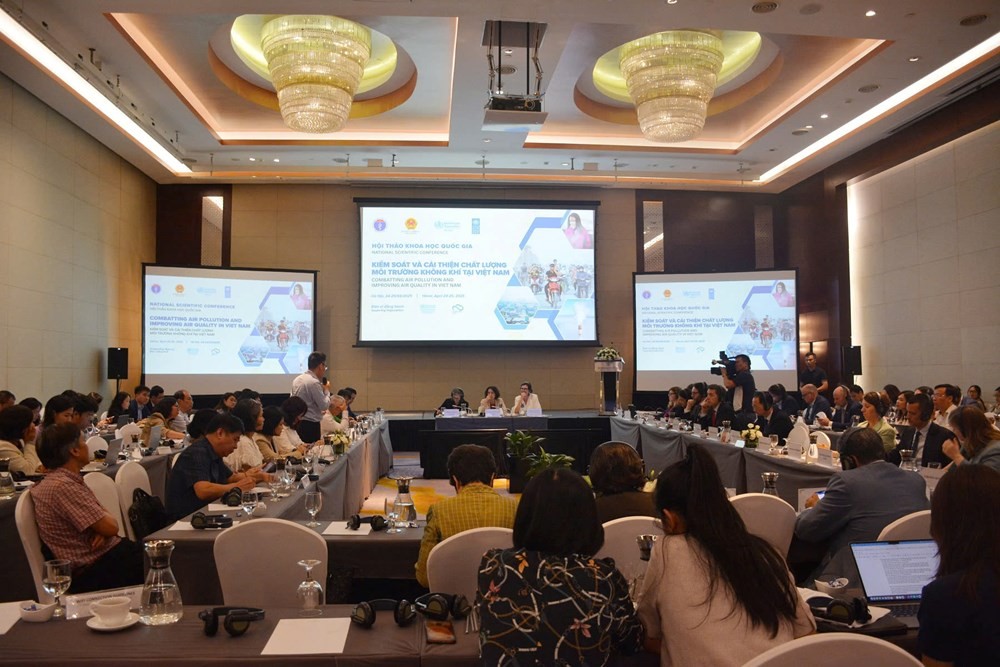
Conference scene.
According to a report by the Department of Environment (Ministry of Agriculture and Environment), Hanoi and Ho Chi Minh City are facing serious air pollution, especially during the dry season from October to April next year.
The air quality index (AQI) at many times exceeds the average level, even reaching the poor threshold, directly affecting people's health.
Speaking at the workshop, Deputy Minister of Agriculture and Environment Le Cong Thanh said that air pollution is one of the most serious environmental challenges in large cities such as Hanoi and Ho Chi Minh City.
Monitoring data and AQI air quality index in these cities are often at average level and tend to be poor, pollution has increased in recent periods, PM2.5 fine dust concentration in these two cities often exceeds the national technical standards on ambient air quality and WHO recommendations.
Air pollution not only lasts seasonally, but also spreads spatially, directly affecting people's health, socio-economic development and daily life.
According to Deputy Minister Ngo Cong Thanh, the causes of air pollution come from many different sources, including: Emissions from vehicles using fossil fuels; Construction and urban infrastructure renovation activities that are not well controlled; Emissions from industrial production facilities; Outdoor burning of straw, waste and biomass...
Another issue worth noting is that natural and transboundary emissions sources – such as dust from agricultural activities, forest fires and air pollution from neighbouring countries – are also being considered as they may affect domestic air quality.
Towards an effective control strategy
At the workshop, Deputy Minister of Health Nguyen Thi Lien Huong emphasized that air pollution directly affects public health, especially vulnerable groups such as children, the elderly, pregnant women and people with chronic diseases.
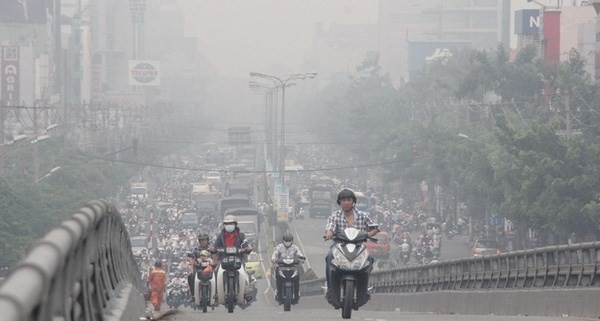
Air pollution affects people's health.
Domestic studies have shown a link between air pollution and an increase in respiratory diseases, cardiovascular diseases, allergies, skin diseases and other chronic diseases.
Air pollution not only increases hospital admissions and medical costs, but also affects the quality of treatment and increases the burden on the health system.
On the policy side, the Deputy Minister of Health emphasized that air pollution is not limited by administrative boundaries, therefore, it is necessary to approach air pollution control in an inter-sectoral, inter-regional manner and with the synchronous participation of the whole society.
At the same time, with the motto "Prevention is better than cure", priority should be given to proactively preventing and protecting the environment, including the air environment, instead of remediating and treating the environment when it is polluted.
Delegates from countries and organizations discussed core issues related to air pollution control in Vietnam; reviewed the current status and causes of pollution, including major sources of emissions such as traffic, construction, industry and agricultural by-product burning, and analyzed the impact of climate and weather conditions.
The workshop also summarized the implementation results of ministries, branches and localities, especially in large cities such as Hanoi and Ho Chi Minh City, in performing the tasks assigned by the Government.
Faced with the increasing trend of air pollution, the Ministry of Agriculture and Environment has been coordinating with ministries, branches, localities and enterprises to implement many key tasks, including completing the National Action Plan on improving air quality for the period 2025-2030, with specific groups of solutions in each field such as energy, transport, construction and inventory of emission sources.
At the same time, the Ministry has deployed a number of key tasks such as the emission inventory project in key economic regions in the North and South, to serve the construction of air pollution forecasting models and scenarios.
At the same time, the Ministry of Agriculture and Environment is also strengthening international cooperation to mobilize financial and technical resources. A number of programs are being implemented with the support of UNDP, ADB, World Bank, UNEP and large enterprises such as VinGroup, to develop a network of rapid measurement stations, promote green transport and transfer advanced technology.
Ms. Ramla Khalidi, UNDP Representative in Vietnam, emphasized that solving air pollution requires effective multi-sectoral coordination between the central, local and community levels.
Meanwhile, Ms. Angela Pratt, WHO Representative, affirmed that the strong commitment of Vietnamese leaders is an important foundation to transform into specific policies and actions, thereby bringing a healthier living environment for the people.
The workshop demonstrated Vietnam’s determination to address air pollution and gradually realize its commitment to sustainable development. Clean air is not only a vital need for people but also a key factor to ensure a sustainable, civilized and humane future of socio-economic development.
Source: https://baolaocai.vn/viet-nam-day-manh-kiem-soat-va-cai-thien-chat-luong-khong-khi-post401196.html


![[Photo] General Secretary To Lam works with the Central Policy and Strategy Committee](https://vphoto.vietnam.vn/thumb/1200x675/vietnam/resource/IMAGE/2025/5/28/7b31a656d8a148d4b7e7ca66463a6894)
![[Photo] Prime Minister Pham Minh Chinh receives a bipartisan delegation of US House of Representatives](https://vphoto.vietnam.vn/thumb/1200x675/vietnam/resource/IMAGE/2025/5/28/468e61546b664d3f98dc75f6a3c2c880)

![[Photo] Vietnamese and Hungarian leaders attend the opening of the exhibition by photographer Bozoky Dezso](https://vphoto.vietnam.vn/thumb/1200x675/vietnam/resource/IMAGE/2025/5/28/b478be84f13042aebc74e077c4756e4b)
![[Photo] 12th grade students say goodbye at the closing ceremony, preparing to embark on a new journey](https://vphoto.vietnam.vn/thumb/1200x675/vietnam/resource/IMAGE/2025/5/28/42ac3d300d214e7b8db4a03feeed3f6a)
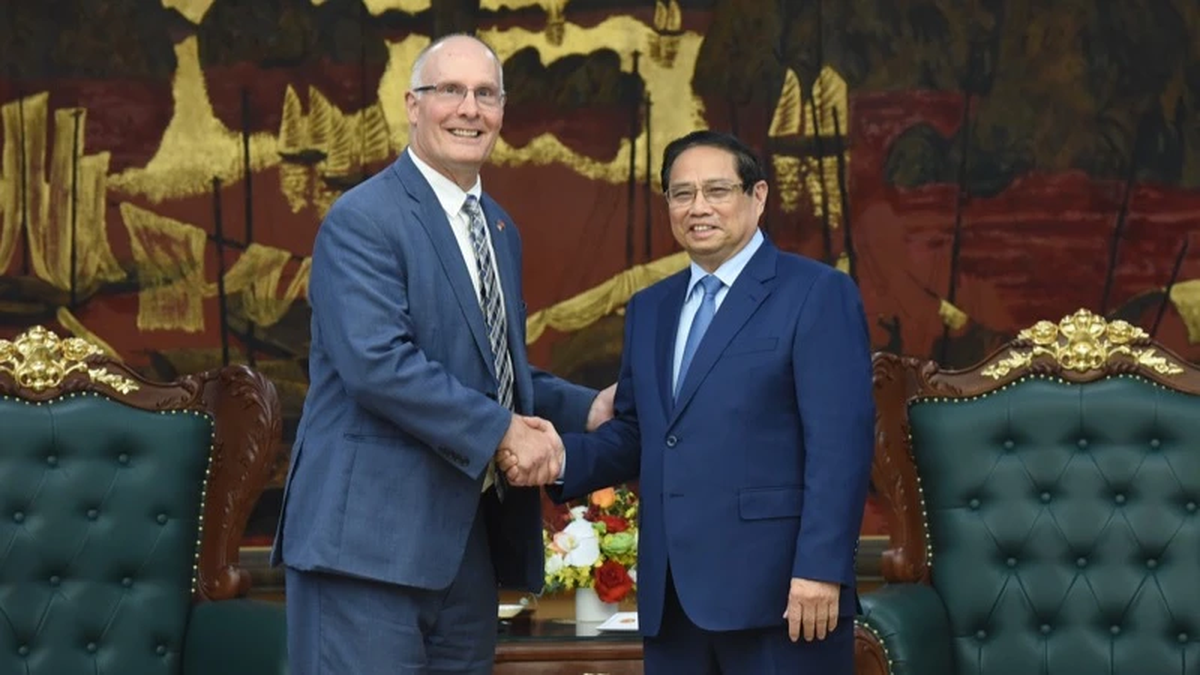


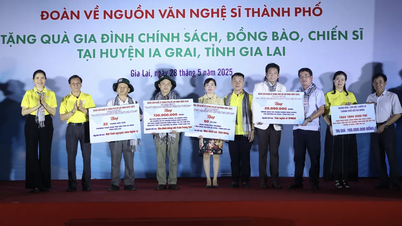

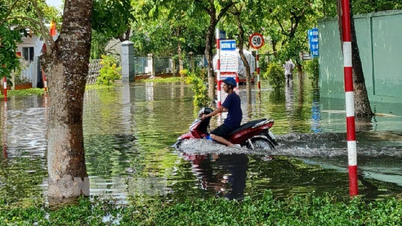




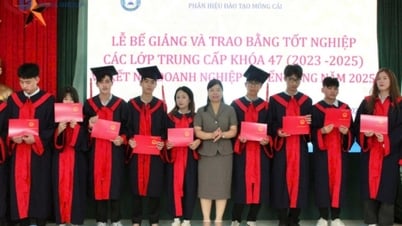






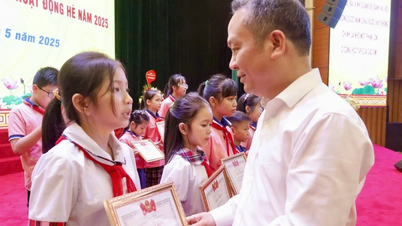
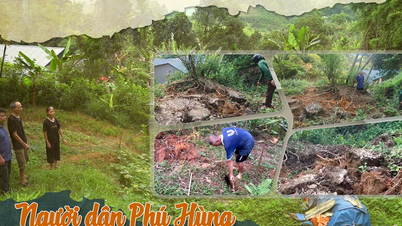


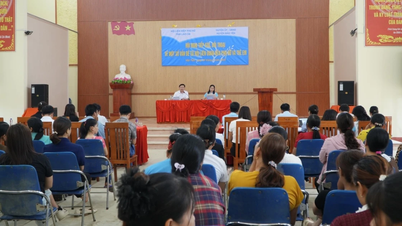










































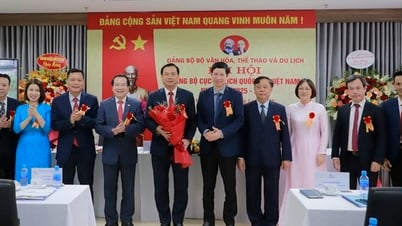





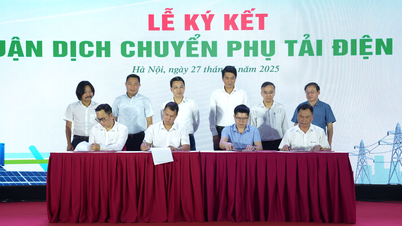
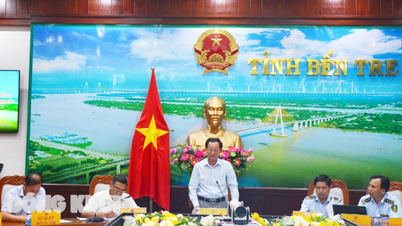








Comment (0)